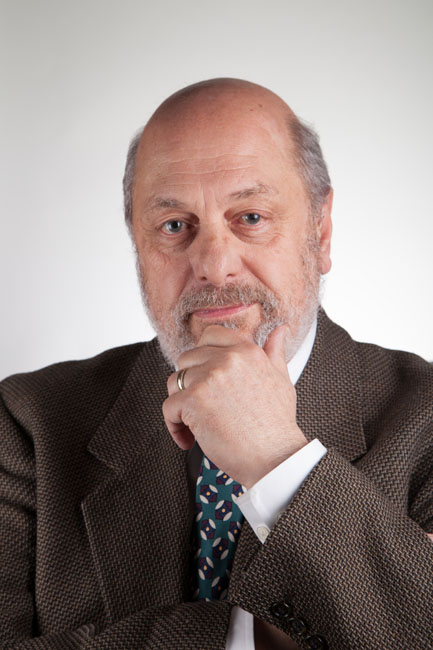Studs Terkel’s Race interviews: Where are they now? Jim Capraro
By Bill Healy

Studs Terkel’s Race interviews: Where are they now? Jim Capraro
By Bill Healy
WBEZ brings you fact-based news and information.
Sign up for our newsletters
to stay up to date on the stories that matter.
Each week this summer we’re profiling a character from Studs Terkel’s 1992 oral history, Race. Twenty years after Studs’ book was published, we want to see how these characters’ thoughts and feelings on race have changed…or not changed.
As part of our series “Race: Out Loud,” we’re asking people to read – or re-read – Studs’ book and to speak up about what feelings the book stirs up in them. We invite you to follow along and to join the discussion at www.WBEZ.org/raceoutloud.

Last week we spoke with Carol Jackson about the experience of raising a son during the Civil Rights era. This week we talk with Jim Capraro, who witnessed something so traumatic in Marquette Park in 1966 that he devoted his entire life to improving the economic vitality of the Southwest Side neighborhood.
In 1991 Studs Terkel was already a luminary, the “elder statesman of liberal causes in our city,” Capraro says. Studs felt as if Chicagoans had been dodging the issue of race relations and he’d heard a story about Jim through friends. So he called Capraro up and arranged for them to take a ride together around Marquette Park.
This is the story Capraro told Studs about being a 16-year-old living in Marquette Park on the day Martin Luther King marched for fair housing in 1966.
That day in 1966 eventually led Capraro to become director of the Greater Southwest Development Corp (GSDC), a post which he held from 1976 until 2010. The goal of the GSDC is to maintain the Marquette Park neighborhood as an attractive living environment and ensure that it is open to people of all races. The organization tries to attract businesses to the area and, in recent years, has attempted to help stem the tide of foreclosures.
Studs asked Capraro: With all the animosity and ill-will he’d seen that day at the fair housing march, why was he still living in the neighborhood in the 1990s?
That day, as terrible as it was, became a sort of epiphany for Capraro and gave him a vision for what his life’s work should be.
Two years ago, Capraro, 61, retired from the Greater Southwest Development Corporation to become a consultant on neighborhood development at the national level. Capraro and his wife, Pam, have two children. In 1998, their daughter, Betsy, moved into Miserciordia, a home for the disabled in West Rogers Park, a month before her 21st birthday. And four years later, in 2002, the couple made the difficult decision to move from Marquette Park to the West Loop to be closer to their daughter, in case of emergencies.
During the 2008 presidential election, Capraro served as a member of then-candidate Barack Obama’s Urban Policy Committee. Here’s a story he shared with other members of that committee on the day Obama was elected President.
Capraro says issues of racism still concern him, particularly because they’re becoming more covert.
Next week we’ll talk with Joseph Lattimore, who may just be the funniest person Studs talked to for the book. At the “Race: Out Loud” opening event, Lattimore, who is black, told the audience that on the day Martin Luther King march in Marquette Park in 1966 he had driven a school bus filled with police officers down to the park. Listen to this exchange between Jim Capraro and Joe Lattimore about that day.
**Eilee Heikenen-Weiss contributed to this report.